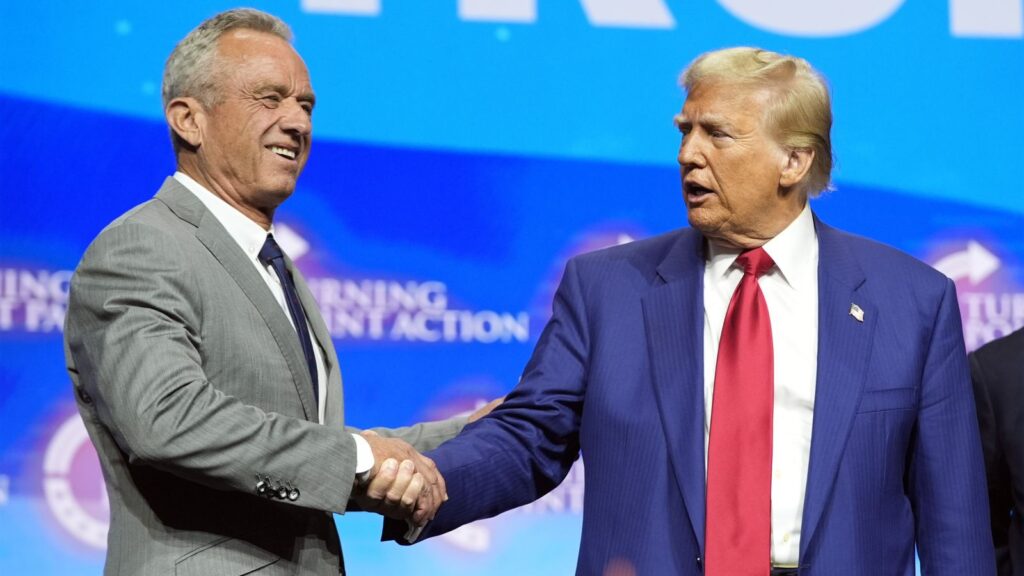In a controversial action, Health and Human Services Secretary Robert F. Kennedy Jr. dismissed all 17 members of the CDC’s Advisory Committee on Immunization Practices (ACIP) and replaced them with eight new appointees known for their vaccine skepticism. The sweeping changes sparked alarm among public health experts, who see it as part of a broader effort to undermine vaccine policy in the U.S., viewed as a “scientific counter-revolution.”
Kennedy justified the firings by claiming the ACIP was “plagued with persistent conflicts of interest,” despite a report he cited highlighting only administrative issues and minimal actual conflicts. This abrupt shake-up, executed without consultation, bypassed standard procedures and drew swift condemnation from public health leaders who fear the erosion of scientific integrity.
Among the new appointees are figures tied to the anti-vaccine movement, including Dr. Martin Kulldorff, known for his controversial statements on COVID-19 policies and the Great Barrington Declaration, and Dr. Robert Malone, who promotes misinformation about vaccines. Their appointments raise serious concerns about the future of ACIP, which plays a crucial role in shaping national vaccine policy.
Kennedy’s restructuring comes amid rising vaccine-preventable disease outbreaks and signals a potential increase in political influence over scientific advisory processes, undermining institutional trust and public health efforts. Overall, this move represents a significant departure from evidence-based medicine in U.S. public health.



